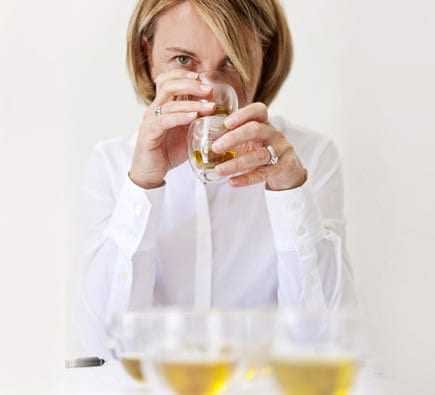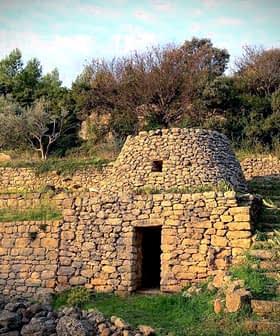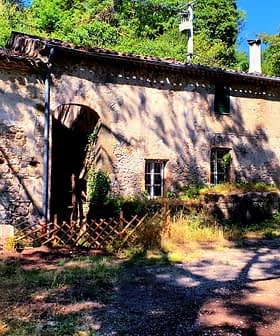
Fabienne Roux has been involved with olive oil for over 22 years as a specialist in its tastes and flavors. Internationally recognized for her expertise, she is often invited to participate in olive oil competitions, such as the New York International Olive Oil Competition held in April this year where she served on its elite panel of judges.
Roux feels strongly that much more can be done in France to improve awareness of olive oil, especially in food and gastronomy. She recently created the French High School of Olive Oil Tasting where she shares her passion, enthusiasm and knowledge with professionals and gastronomy lovers.
This élaïologue, or olive oil specialist, now trains professional chefs on the culinary aspects of olive oil, but her approach does not strictly follow the conventional pattern.
“I don’t want to do it like a robot, like a machine,” Roux told Olive Oil Times. “I am looking for emotions. These chefs often buy good olive oilfrom producers but they need to learn about aromatics, to be more emotional and creative when using olive oil.”
Without discussing the origins of the oils, Roux first exposes her trainees to several different varieties, encouraging them to identify aromas for themselves. And for that she has her own technique of using special sweets.
“I use concentrated oils because chefs are constantly tasting, using their mouths, I want them to first use their noses. If a chef thinks the oil is a basic one, I remove it straight away. Most important, he must ask himself what he can do with this particular oil in the kitchen. I don’t influence them.”
“What’s great is their enthusiasm for this kind of approach; they become so keen, so excited; we often end up in the kitchen to prepare a dish. Only at the end do they discover the origin of the oils they chose; these might be from Provence, from California, Tuscany or elsewhere. It might even be an organic olive oil, but what’s important is the dish they’re going to use it for,” she explained.
But education doesn’t stop with chefs, especially with the tourist season in full swing in the South of France. With Roux at the helm, Elaïotours organizes olive oil tours with 25 or so participants which wind through the best olive oil mills in the Provence-Alps-Riviera region.
“Education and tourism are developing here in the South with many Americans, Australians and others coming by cruise ships. They’re very interested in olive oil culture in France. I want to give them the basic keys, not to influence them — to allow them to discover what terroir is all about,” she said.
“I feel that this new approach towards olive oil is necessary in France. Not only are we aiming to educate top chefs but also the general public because they will be the future customers, they will be going to the restaurants.”
This olive oil educator feels olive oil should be given the same status as wine in France. When you think of the diversity of olives, the different terroirs, and the know-how of olive oil producers in France, Roux’s approach make perfect sense.
“Huile d’Olive, c’est la petite soeur du Vin,” Roux explained. Olive oil is the little sister of wine.








